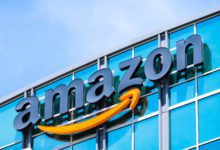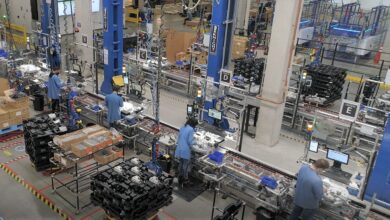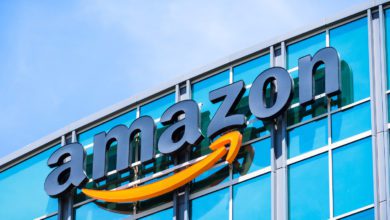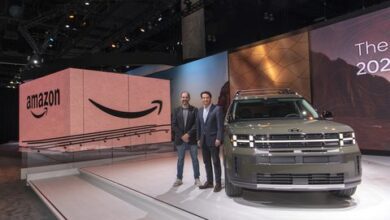From bookstore to global giant: The history of Amazon
Retail Sector discovers the history of Amazon, from its start in a garage in Washington state to becoming one of the world's leading brands
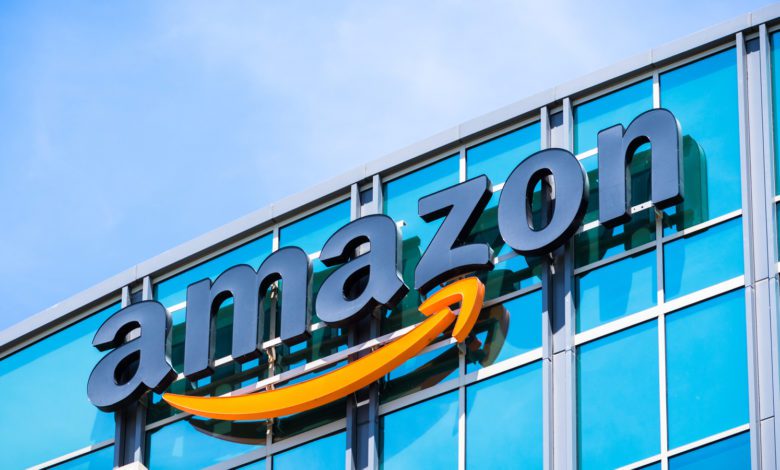
In the history of commerce and technology, few companies have been as revolutionary as Amazon. What started as an online bookstore has evolved into a global commerce giant reshaping not only the retail landscape but the habits of humans themselves. From its humble beginnings in a garage to its current status as one of the most valuable companies in the world. Retail Sector will delve into the history of Amazon, exploring the pivotal moments, strategic decisions, and transformative technologies that have shaped its growth.
From garage startup to online bookstore empire
The Amazon story begins in July 1994, when Jeff Bezos, a former Wall Street executive, founded the company in Bellevue, Washington in the USA. Bezos saw the untapped potential of the internet as a platform for commerce and envisioned an online bookstore that could offer a vast selection of titles to customers around the world.
The company was created as a result of what Jeff Bezos called his “regret minimisation framework”, to avoid regretting, in his old age, not having tried to participate in the emerging internet with his own startup. With an initial investment of $10,000 from his parents, Bezos set up shop in his garage and began building the infrastructure for what would become Amazon.com.
On July 5, 1994, Bezos initially incorporated the company in Washington state with the name Cadabra, Inc. After a few months, he changed the name to Amazon.com, Inc, because a lawyer misheard its original name as “cadaver”. The site’s catalogue of over one million books, user-friendly interface, competitive pricing, and efficient delivery options quickly captured the attention of shoppers.
Throughout the late 1990s, Amazon expanded its offerings beyond books, adding music, movies, and video games to its catalogue. The company’s focus on customer satisfaction, alongside its willingness to experiment and innovate, fueled its meteoric rise during the dot-com boom.
The dot-com boom and beyond
As the new millennium arrived, Amazon focused on diversification and innovation. After reading a report about the future of the internet that projected annual web commerce growth at 2,300%. In 2002, the company made a bold move with the launch of Amazon Web Services (AWS), a cloud computing platform that would revolutionise the tech industry. Initially developed to support Amazon’s own infrastructure, AWS soon became a key revenue driver and a dominant force in the world of cloud computing.
In addition to AWS, Amazon continued to expand its retail empire, introducing new product categories and services to meet the evolving needs of consumers. The launch of Amazon Prime in 2005 marked a significant milestone, offering subscribers express shipping on eligible items for an annual fee. Prime would later evolve to include additional perks such as access to streaming video and music, further enhancing the value proposition for customers.
In 2007, Amazon introduced the Kindle, an e-reader that would revolutionise the way people read and consume books. It sold out in five and a half hours and the device remained out of stock for five months until late April 2008. With its e-ink display and wireless connectivity, the Kindle offered readers a portable and immersive reading experience, paving the way for the widespread adoption of e-books.
Branding consultants Michael Cronan and Karin Hibma devised the Kindle name. Lab126 asked them to name the product, and they suggested “kindle”, meaning to light a fire. They felt this was an apt metaphor for reading and intellectual excitement.
Global expansion and acquisitions
As Amazon’s influence grew, so too did its global footprint. The company expanded its operations into international markets, opening fulfilment centres and establishing subsidiaries in Europe, Asia, and beyond. Strategic acquisitions played a key role in Amazon’s expansion strategy, with notable purchases including the online shoe retailer Zappos in 2009 and the grocery chain Whole Foods Market in 2017.
In addition to its core retail business, Amazon diversified into new sectors such as healthcare, finance, and artificial intelligence. The acquisition of PillPack in 2018 marked Amazon’s entry into the pharmacy industry, while investments in machine learning and robotics signalled its commitment to technological innovation.
Perhaps the company’s biggest acquisition came in 2021, when Amazon agreed a deal to acquire MGM entertainment on 26 May 2021, for a total value of $8.45bn (£6.69bn), subject to regulatory approval. The deal allowed Amazon to add the MGM library to the Amazon Prime Video catalogue, with the studio continuing to operate as a label under the new parent company.
The merger was finalised on 17 March 2022, following the expiration of the FTC’s review deadline and having cleared the European Commission two days earlier on 15 March. This deal reinforced Amazon’s commitment to diversification and its drive to become an even larger conglomerate, being present in as many facets of modern life as possible.
Challenges and controversies
Despite its success, Amazon has faced its fair share of challenges and controversies. Criticisms of the company’s labour practices, environmental impact, and market dominance have led to calls for regulatory scrutiny and antitrust action. Labour disputes, including strikes and protests by warehouse workers demanding better wages and working conditions, have drawn attention to the human cost of Amazon’s practices.
There have been a number of industrial disputes in the UK in recent years. In July 2023 workers at its Coventry warehouse went on strike on Prime Day. Various other warehouses alongside the GMB union have joined the dispute which is as yet unresolved.
Meanwhile, accusations of monopolistic behaviour and predatory pricing have sparked investigations by government agencies in the United States and abroad. Regulatory scrutiny of Amazon’s business practices, particularly its treatment of third-party sellers on its platform, has raised questions about the company’s market power and influence. The company is often accused of copying products from third party sellers which are successful on its platform while undercutting the price of the original.
Looking ahead, the company shows no signs of slowing down. Amazon seems hellbent on expansion with ventures into emerging technologies such as AI, autonomous vehicles, and drone delivery planned. Whether the company can continue to be at the cutting edge of innovation remains to be seen.



